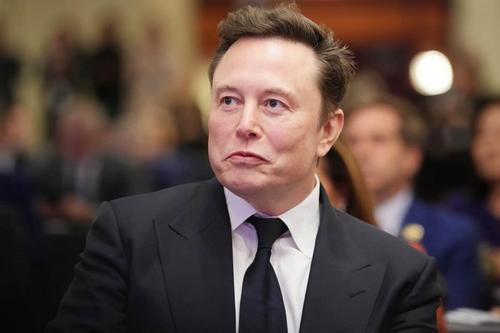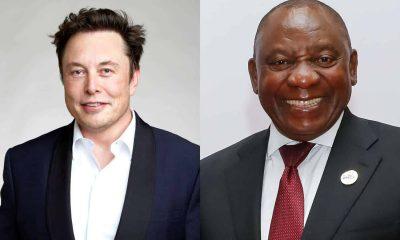Business
AfriForum Supports Musk’s Starlink as SpaceX Blames BEE Laws for Investment Hurdles

Elon Musk’s Starlink satellite internet service is facing regulatory roadblocks in South Africa, with SpaceX claiming that Broad-Based Black Economic Empowerment (BEE) laws are preventing the company from investing in the country.
In response, civil rights group AfriForum has thrown its support behind Starlink, arguing that BEE requirements are restricting access to affordable, high-speed internet, especially in rural areas.
What’s the Controversy About?
SpaceX claims that BEE ownership rules—which require 30% black South African ownership for telecommunications licenses—are blocking its ability to operate in the country.
Starlink’s global mission is to provide affordable satellite internet, particularly in underserved areas.
BEE laws require foreign companies to have local black ownership to receive a telecoms license.
AfriForum argues that the law is preventing millions of South Africans from accessing better internet.
AfriForum’s Stance: Free Market vs. Regulation
AfriForum, which has previously challenged BEE policies, says the government should prioritize innovation and investment over racial ownership requirements.
“It is unacceptable that South Africans are being denied access to world-class internet services because of outdated and restrictive legislation,” said Ernst Roets, AfriForum’s head of policy and action.
The group has urged the government to amend regulations to allow Starlink to operate without the ownership requirement.
What This Means for South Africans
With South Africa struggling with poor internet access and rolling blackouts, Starlink’s low-latency satellite network could be a game-changer, especially in rural and off-grid areas.
Potential benefits of Starlink in South Africa:
High-speed internet in rural areas
Uninterrupted connectivity during load shedding
Increased competition in the ISP market
Boost for education, business, and innovation
However, the regulatory standoff could prevent South Africans from accessing the service anytime soon.
Government’s Position and the Road Ahead
The Department of Communications and Digital Technologies has not commented directly on SpaceX’s claims but has reaffirmed its commitment to BEE laws.
Meanwhile, other African countries, including Nigeria and Kenya, have already granted Starlink licenses, raising concerns that South Africa could fall behind in digital connectivity.
What’s next?
- Will SpaceX negotiate with the government or seek an exemption from BEE laws?
- Will South Africa amend its regulations to accommodate global tech investment?
- Will this spark a broader debate on BEE policies and their impact on business?
For now, the future of Starlink in South Africa remains uncertain, but the debate over internet access vs. regulatory restrictions is far from over.
Follow Joburg ETC on Facebook, Twitter , TikTok and Instagram
For more News in Johannesburg, visit joburgetc.com




















